| Aspect | Description |
|---|---|
| Parasha Number | The 20th Parasha in the Book of Exodus (Shemot). |
| Parasha Name | Tetzaveh (תְּצַוֶּה), translating to “You shall command” in Hebrew, emphasizes the instructions for the ordination of Aaron and his sons as priests. |
| Torah Book | Exodus (Shemot). |
| Number of Verses | Comprises 122 verses. |
| Number of Words | Approximately 1,517 words in the Hebrew text. |
| Primary Characters | Central figures include Moses, Aaron, and Aaron’s sons. |
| Key Themes | Focuses on the consecration of the priesthood and the importance of maintaining sacred rituals and vestments for proper worship. |
| Significant Events | Highlights the specific instructions for the construction of the priestly garments and the ordination ceremony for Aaron and his sons. |
| Notable Quotes | Reiterates the importance of following divine commandments and maintaining the sanctity of the priesthood within the community of Israel. |
| Legacy | Parashat Tetzaveh emphasizes the continuity of divine instruction and the establishment of the priestly lineage. |
| Relevance Today | The themes of sacred ritual, priestly duty, and adherence to divine commandments remain relevant in contemporary religious practices. |
| Well-Known Stories | Include the detailed descriptions of the priestly garments and the consecration ceremony for Aaron and his sons. |
| Special Observances | Considered significant in synagogue services, Parashat Tetzaveh is integral to Jewish liturgical traditions. |
| Connections to Other Texts | Tetzaveh continues the narrative of sacred construction and ritual from Parashat Terumah, establishing the framework for the priesthood. |
| Theological Significance | Highlights the significance of divine commandments in establishing religious hierarchy and ritual practice. |
Parashat Tetzaveh, the twentieth weekly Torah portion in the Book of Exodus (Shemot), focuses on the instructions given by God to Moses regarding the ordination of Aaron and his sons as priests, as well as the vestments they are to wear during their sacred duties. The term “Tetzaveh” means “You shall command” in Hebrew, highlighting the directive nature of the instructions conveyed in this portion.
In this parasha, God provides specific directives for the construction of the priestly garments, including the ephod, breastpiece, robe, tunic, turban, and sash, as well as the instructions for the consecration ceremony of Aaron and his sons. These garments and rituals are intended to symbolize the sanctity of the priesthood and their role as intermediaries between the Israelites and the Divine.
Parashat Tetzaveh underscores the importance of maintaining sacred rituals and vestments for proper worship. It emphasizes the significance of divine commandments in establishing religious hierarchy and ritual practice, highlighting the role of priests as custodians of religious tradition within the community of Israel.
Furthermore, the parasha emphasizes the meticulousness of divine instructions in matters of worship, as well as the partnership between divine revelation and human craftsmanship. The detailed descriptions of the priestly garments illustrate the careful attention to detail required in fulfilling religious obligations.
Overall, Parashat Tetzaveh serves as a cornerstone in Jewish liturgical traditions, emphasizing the sanctity of priestly duties and the importance of ceremonial vestments in fostering a deeper connection with the Divine. Its teachings continue to inspire reverence and adherence to tradition within Jewish communities, emphasizing the enduring significance of sacred rituals in religious life.
תצוה
Tetzaveh
Exodus 27:20-30:10
יחזקאל
מ״ג:י׳-כ״ז
Ezekiel
43:10-27
Tetzaveh
more on Parashat Tetzaveh
Quick Guide: The Five Books of Moses
| Genesis | Exodus | Leviticus | Numbers | Deuteronomy |
|---|---|---|---|---|
| Bereshit (1:1-6:8) |
Shemot (1:1-6:1) |
Vayikra (1:1-5:26) |
Bemidbar (1:1-4:20) |
Devarim (1:1-3:22) |
| Noach (6:9-11:32) |
Va'era (6:2-9:35) |
Tzav (6:1-8:36) |
Naso (4:21-7:89) |
Va'etchanan (3:23-7:11) |
| Lech Lecha (12:1-17:27) |
Bo (10:1-13:16) |
Shemini (9:1-11:47) |
Behaalotecha (8:1-12:16) |
Ekev (7:12-11:25) |
| Vayera (18:1-22:24) |
Beshalach (13:17-17:16) |
Tazria (12:1-13:59) |
Shelach (13:1-15:41) |
Re'eh (11:26-16:17) |
| Chaye Sarah (23:1-25:18) |
Yitro (18:1-20:23) |
Metzora (14:1-15:33) |
Korach (16:1-18:32) |
Shoftim (16:18-21:9) |
| Toledot (25:19-28:9) |
Mishpatim (21:1-24:18) |
Achare Mot (16:1-18:30) |
Chukat (19:1-22:1) |
Ki Tetze (21:10-25:19) |
| Vayetze (28:10-32:3) |
Terumah (25:1-27:19) |
Kedoshim (19:1-20:27) |
Balak (22:2-25:9) |
Ki Tavo (26:1-29:8) |
| Vayishlach (32:4-36:43) |
Tetzaveh (27:20-30:10) |
Emor (21:1-24:23) |
Pinchas (25:10-30:1) |
Nitzavim (29:9-30:20) |
| Vayeshev (37:1-40:23) |
Ki Tisa (30:11-34:35) |
Behar (25:1-26:2) |
Matot (30:2-32:42) |
Vayelech (31:1-30) |
| Miketz (41:1-44:17) | Vayakhel (35:1-38:20) |
Bechukotai (26:3-27:34) |
Masei (33:1-36:13) |
Haazinu (32:1-52) |
| Vayigash (44:18-47:27) |
Pekude (38:21-40:38) |
V'Zot HaBeracha (33:1-34:12) |
||
| Vayechi (47:28-50:26) |

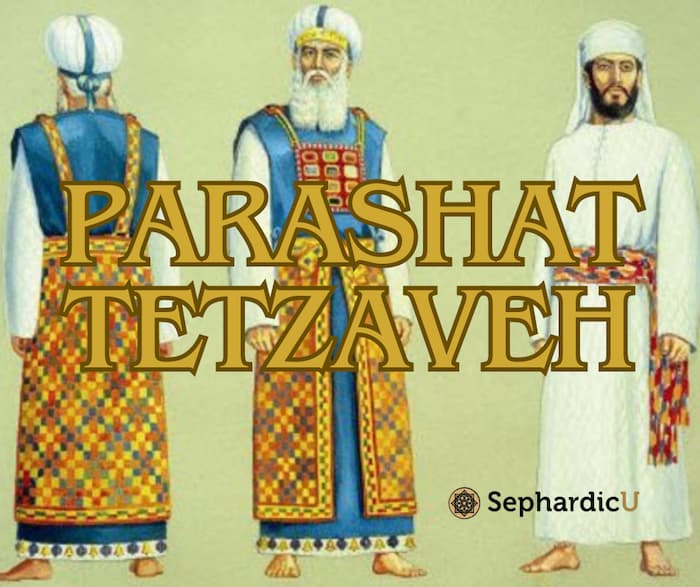

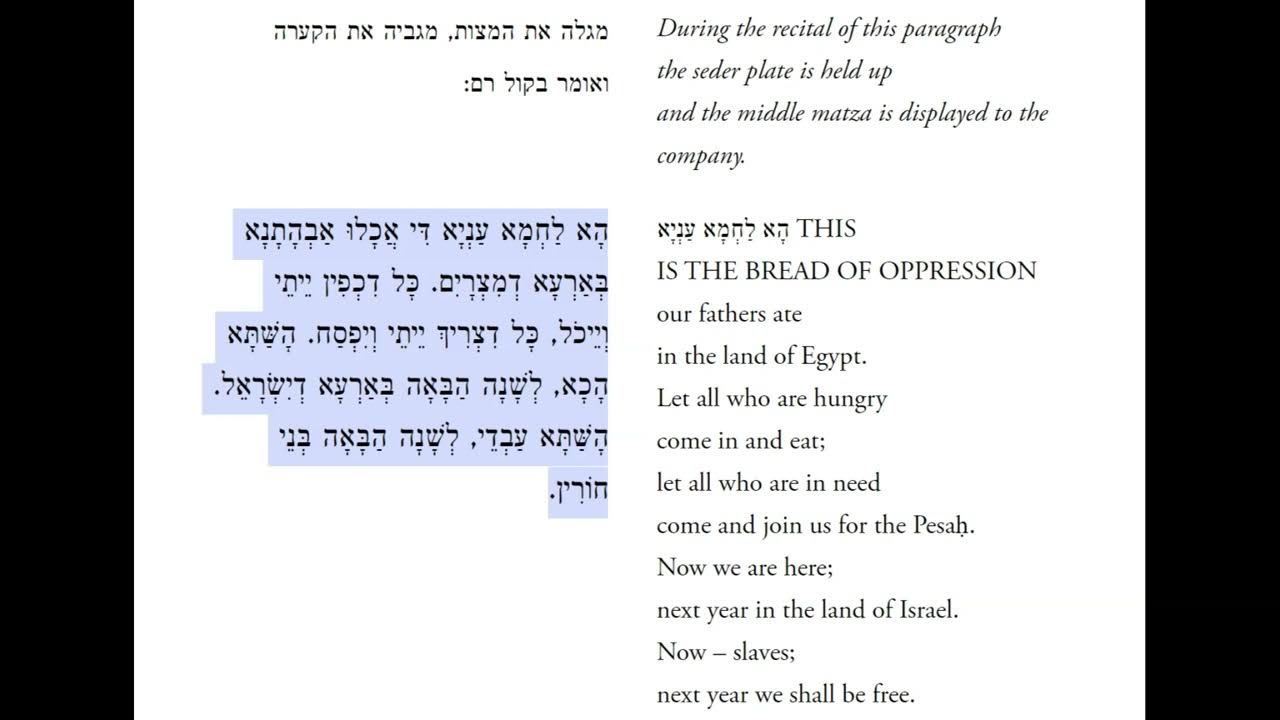
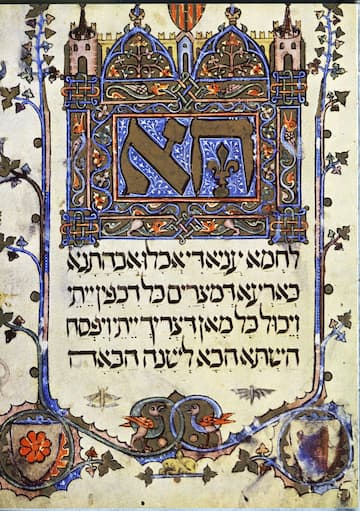
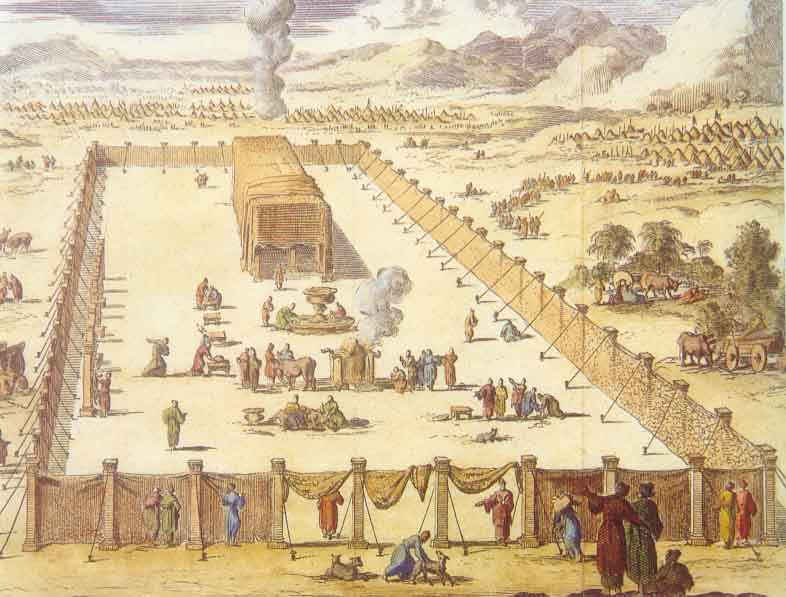
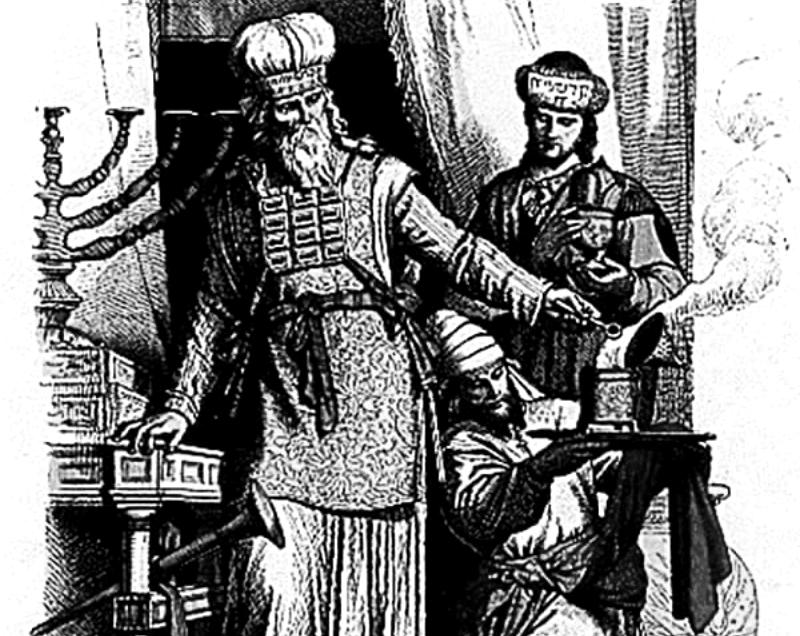




Parashat Aharei Mot Weekday reading Moroccan te’amim